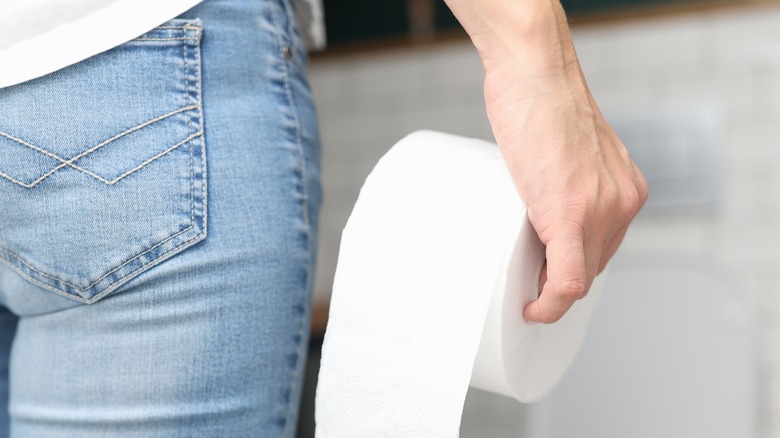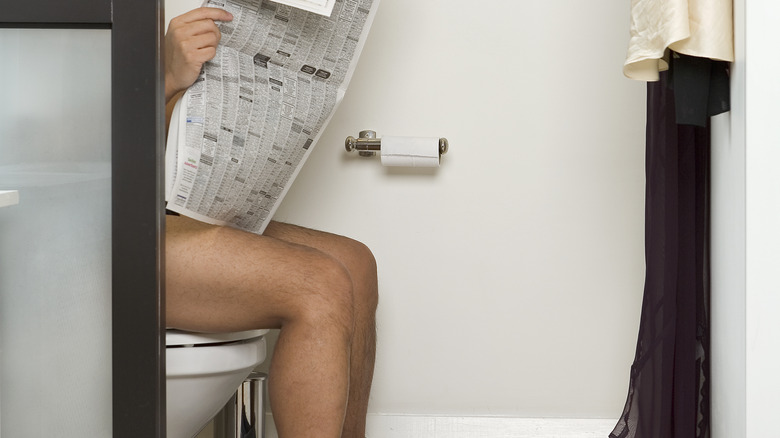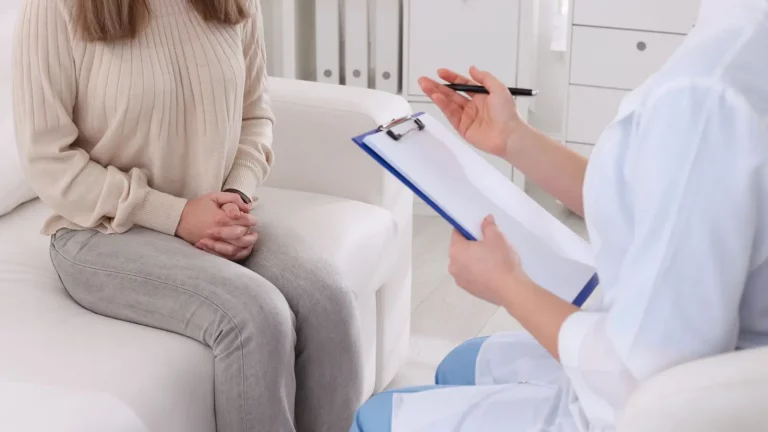
Using the bathroom for pooping and peeing is a routine part of life, something we don’t give much thought to since our childhood days when our parents celebrated our first solo bathroom trips. Over time, we’ve noticed changes in our bathroom habits and encountered certain foods that trigger immediate bowel movements. Unless these changes are related to health issues, they probably don’t occupy much of your mental space. Yet, there are some puzzling experiences related to pooping and peeing that baffle us even as adults, like the chills we sometimes get during bowel movements. (Hint: It’s related to your nerves.)
Have you ever wondered why you can often pee without needing to poop, but not the other way around? You know the scenario we’re talking about. Maybe it’s become so common to have a bit of urine escape during or after pooping that you’ve tried to ignore it, but we know you’ve questioned it at some point. It all comes down to the difference between relaxing your anal sphincter and your urinary sphincter. Let’s dive into the details.
Relaxing your anal muscles also relaxes your urinary muscles
Both defecating and urinating are controlled by ring-shaped muscles known as sphincters. When your sphincters receive a signal from your brain to relax, you’re able to urinate or pass stool.
According to NHS surgeon Dr. Karan Rangarajan (via YouTube), the urinary sphincter is smaller and weaker than the anal sphincter, which affects why you pee while pooping but rarely poop while peeing. “When you urinate, you can easily isolate the smaller and weaker external sphincters around the urethra without relaxing the entire pelvic floor or the anal sphincters,” explained Dr. Rangarajan. This is why urination doesn’t necessarily trigger a bowel movement.
However, when you poop and your external anal sphincters relax, their larger and stronger nature reduces tension in the urinary sphincters too, shared Dr. Rangarajan. “So you can pee whilst you poo.” On a related note, did you know that controlling these muscles is a skill we develop as we grow, progressing from toddlers with involuntary reflexes? As you mature, you’re able to hold your bowel movements or urine until you reach a bathroom. However, holding in urine and stool is not recommended by experts due to potential health consequences, especially if done frequently.
Your pee and poop functions are more connected than you think

Your urinary system and bowel movements are interconnected in several ways. This is why children (or adults) experiencing constipation may urinate more frequently or face urinary issues like straining. “If a person is chronically constipated, and the rectum is very full and dilated, it can put pressure on the bladder and increase a person’s urinary frequency,” explained gastroenterologist Dr. Niket Sonpal (via Well+Good).
Furthermore, the nerves controlling bowel function also play a role in urination. These include the spinal cord, the cauda equina (responsible for sensation and movement in the lower body), the pudendal nerves (involved in both peeing and pooping), and the enteric nervous system. An injury or issue in any of these areas can lead to fecal incontinence or bladder control problems. Now that you’re aware of the intrinsic connection between pooping and peeing, you might be interested in exploring another intriguing aspect of bowel movements: the curious urge to poop while shopping.




